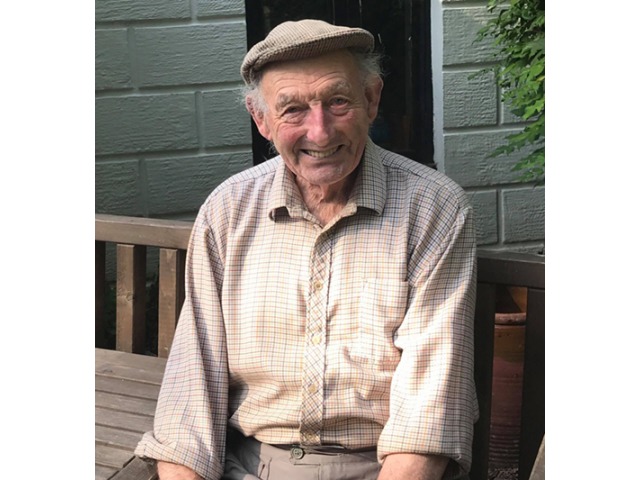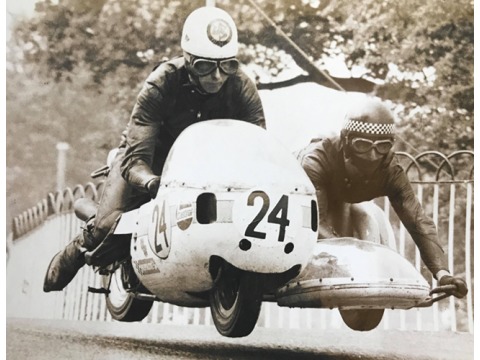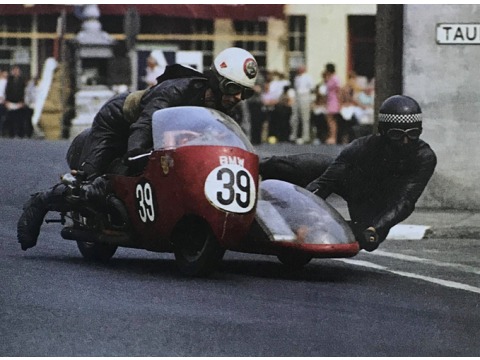Bob was born at Knock Froy in Santon in 1936, the third generation of his family to farm there. Although we think of the area as just outside Douglas now, it was then very much a part of the Santon community involving the school, the shop, the Post Office and Newtown Chapel.
Bob talks of life at Knock Froy, an area with much history, of seeing ghosts walking on the ‘Smuggler’s Path’, of playing in the Alec Inn cellars, farm life and traditions that were carried out at the time. Harvest was an important part of the year and Bob gives a good description of what that involved for a young boy including a ride on the steam engine pulling the threshing machine, a childhood highlight. Bob went to Santon School then Ballakermeen and Castle Rushen where his teachers were told they weren’t to give him homework as he had too much work to do on the farm, as the only son Bob was always expected to have taken on the farm as the next generation of Kewleys at Knock Froy.
However, this didn’t take in to account a love of motorcycles that led to him racing in Europe, across the U.K. and on the Isle of Man, starting with the then newly started Southern Hundred race, the MGP and of course the TT itself, Bob was the first Manx man to win a World Championship point. Bob was told by his father that if he chose to continue racing then he was not to come back to the farm and this was what happened. Bob talks of the adventures he had going from job to job whilst funding his racing career up until he met and married Hilary when he gave up racing in 1970.
Bob’s life has been an adventure and it is a treat to share in his stories.
Three short video interviews with Bob Kewley speaking about ghosts and his belief in Themselves are also available, here.
Interviews
When you click play on one of the interviews below there will be a slight delay as the audio file is downloaded. Large files or slow internet connections will increase the length of this delay.
-
Interview with Bob Kewley



